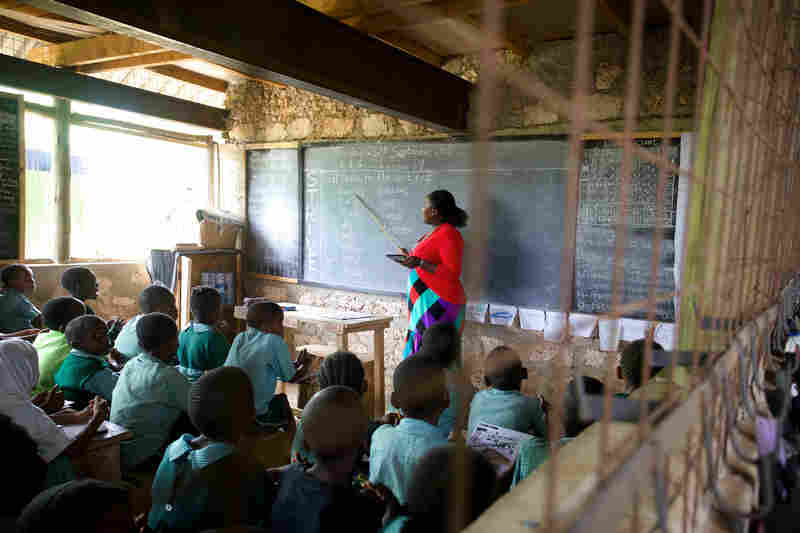October 5th is celebrated all over the world as World Teachers’ Day. It was on that day in 1966 that the UNESCO-ILO Recommendation on the Status of Teachers was adopted by the Special Intergovernmental Conference on the Status of Teachers.

The recommendation is based on the recognition of the “essential role of teachers in educational advancement and the importance of their contribution to the development of man and modern society” and intended “to ensure that teachers enjoy the status commensurate with this role”. It is a comprehensive document that covers all aspects of teachers’ work, teachers’ salary, and teacher education.
It will be a big mistake to dismiss this important document as outdated. Its provisions are as relevant today as they were in 1966. It provides a broad policy framework for the reform and improvement of the status of teachers in every country. It should indeed be the Manifesto of every ministry of education and all stakeholders who truly recognise the centrality of teachers in education and their contribution to national development.
The fact that policy makers in many developing countries deny its existence, disregard it or are not even aware of it is a sad commentary on the off-hand manner in which issues relating to teachers’ status are handled in these countries.
World Teachers’ Day provides an opportunity to not only celebrate the importance of teachers but also to reflect on the implementation of the UNESCO-ILO Recommendation on the Status of Teachers. Education International (EI), a global organisation representing 32.5 million teachers in 171 countries, periodically reviews the application of the 1966 UNESCO-ILO Recommendation and submits its reports to the triennial meeting of the Expert Committee on the Application of the 1966 UNESCO-ILO Recommendation.
In one of its recent reports, EI noted that in general, the provisions of the UNESCO-ILO Recommendation were often ignored by governments or at best only partially implemented. Despite policy makers’ rhetoric of intent on their commitment to the improvement of the teaching profession, the status of teachers has continued to deteriorate.
This in turn has had a deleterious effect on the ability of many countries to achieve the EFA goals by 2015 and raises concerns about their ability to achieve the SDGs. Nigeria is a good example of countries which were unable to achieve the EFA goals and may yet fail to achieve the SDGs mainly because we had over the years paid lip service to the enhancement of the status of teachers.
Of all the factors that affect teachers’ status, there is none more important than salary.
Of all the factors that affect teachers’ status, there is none more important than salary.
It is a good measure of the importance a country attaches to the teaching profession and its recognition of the contributions teachers make to national development. As articulated in the UNESCO-ILO document, the salary paid to teachers should enable them have a decent standard of living and should be comparable to what is paid to other professions requiring similar levels of training or qualification.
What is the situation in Nigeria vis-à-vis this recommendation?
What is the situation in Nigeria vis-à-vis this recommendation?
As is generally known, primary school teachers’ salary has steadily declined in real terms from the mid-eighties to date. It is currently 3-5 times lower than what teachers are paid in many African countries e.g Botswana, South Africa, Algeria and Egypt.
Not only are teachers the lowest paid public servants in Nigeria, they also hold the dubious distinction of being the only professional group that is paid very late or not at all! Half-hearted attempts were made to increase teachers’ salary. The National Council on Education at its 50th session, held in Yenagoa, Bayelsa state in 2003 approved the much touted Teachers’ Salary Scale (TSS) whose main features were a mere 20% increase in basic salary and allowances which amount to roughly 30% of basic salary. Very few states attempted to implement it.

